Psychotropic drugs are a group of drugs that affect the human psyche. They are therefore used to treat symptoms that occur in the context of mental disorders and neurological abnormalities.
What are psychiatric drugs?

At Psychotropic drugs a symptomatic effect is in the foreground: You do not change the causes of a psychological or neurological disorder, but only act against its manifestations and accompanying symptoms.
The group of psychotropic drugs includes all substances whose effects are aimed at the psyche of the person, i.e. on his experience and behavior. The classification is based on the effects of the respective substance, i.e. as follows: antidepressants (for the treatment of depression), neuroleptics (for psychoses), tranquillants (for extreme anxiety states), phase prophylactics (for the prevention of acute phases), psychostimulants (for stimulation), hallucinogens ( mostly intoxicants), antidementia drugs (psychotropic drugs to relieve dementia).
This classification includes luxury foods such as alcohol. In a narrower sense, however, psychotropic drugs are drugs that are used specifically to cure or alleviate a disease or disorder.
Application, effect & use
Psychotropic drugs are often used to support psychotherapeutic treatment. Since the interactions between (bio) chemical processes in the human body are very complex, psychotropic drugs can usually only have a diffuse effect: they alone cannot cure any psychological or neurological disorders.
However, psychotropic drugs can alleviate or temporarily stop the symptoms of the actual illness; as a result, they often create the conditions that are necessary for the actual treatment. The treatment of the mental or neurological disorder goes beyond the mere administration of psychotropic drugs. The medication can be administered on an outpatient or inpatient basis. Psychotropic drugs are usually taken in the form of tablets, especially for outpatient treatment.
In principle, however, any form of administration is possible. Psychotropic drugs intervene in neuronal biochemical processes and can, for example, inhibit neurotransmitters or enhance their effects. However, if a substance is to work directly in the brain, it must be able to cross the blood-brain barrier. This is why psychotropic drugs often contain precursors of a certain neurotransmitter, which is then converted into the required substance by the body itself.
Herbal, natural & pharmaceutical psychotropic drugs
Vegetable Psychotropic drugs contain (as their name suggests) only herbal ingredients. These agents are significantly milder than, for example, chemical psychotropic drugs, as the concentration of the actual active ingredient in a plant is usually quite low.
For this reason, however, the effectiveness of herbal psychotropic drugs is lower - but this also applies to their side effects. This is why herbal psychotropic drugs are particularly suitable for mild, chronic forms of mental disorders.
Homeopathy also offers a wide range of psychotropic drugs. Like all homeopathic remedies, however, they are controversial because they only contain the actual active ingredient in a negligible concentration.
The largest share of all psychotropic drugs are chemical or pharmaceutical psychotropic drugs. They are often produced in large quantities and are therefore more attractively priced. In addition, the synthetic production ensures that the pharmaceutical psychotropic drugs always contain exactly the same concentration of the active ingredient.
You can find your medication here
➔ Medicines to calm down and strengthen nervesRisks & side effects
Although Psychotropic drugs Manufactured and tested with great care, like all drugs, they have risks and side effects. These are very diverse, as there are very large differences between individual preparations. Therefore it is not possible to make a concrete statement about it.
A fundamental problem of psychotropic drugs, however, is their diffuse effect: They work not only where it is desired, but also in other places. With a very small number of preparations, fatal effects cannot be ruled out, for example with neuroleptics. Even with these, however, the number of such extreme risks is only in a range of approx. 0.2%.
The intended effect of many psychotropic drugs does not occur immediately, but only after several hours, days or even weeks. During this time, however, they can even worsen the symptoms; this is the case with antidepressants, for example.
Typical side effects of psychotropic drugs are loss of libido, weight gain, loss or increase in appetite, sleep disorders, concentration problems, and tiredness or restlessness.










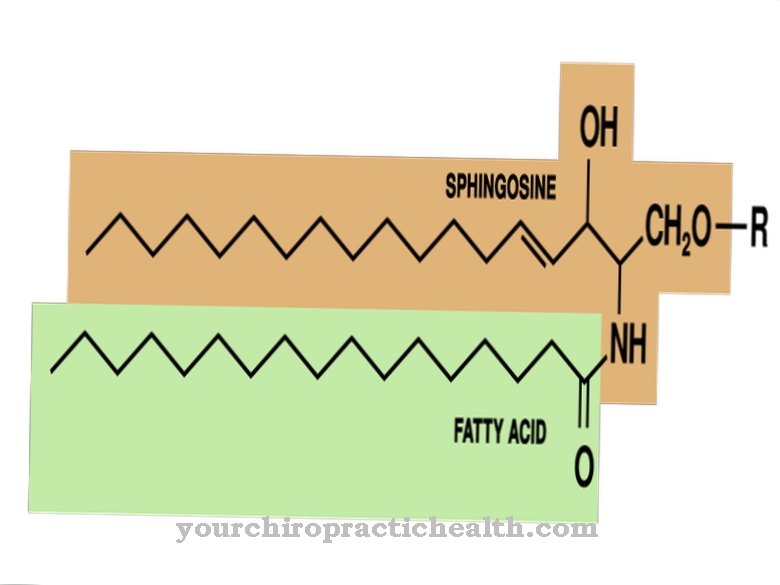
.jpg)
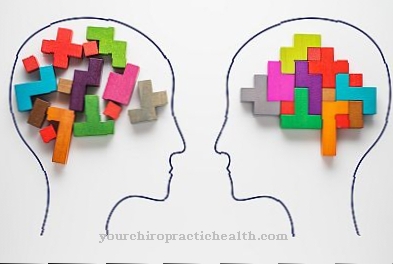

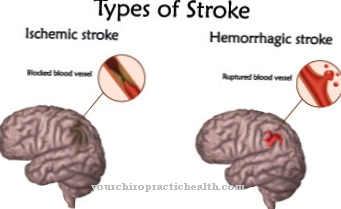


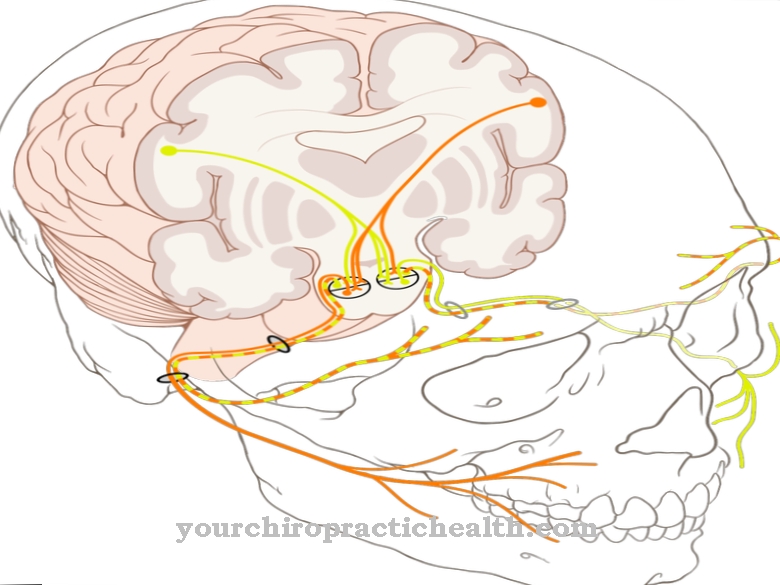


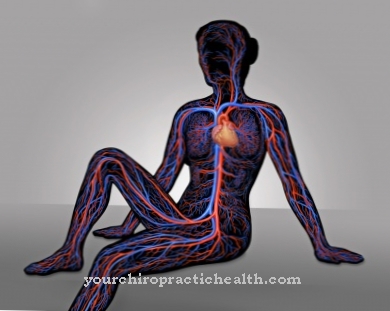





.jpg)

